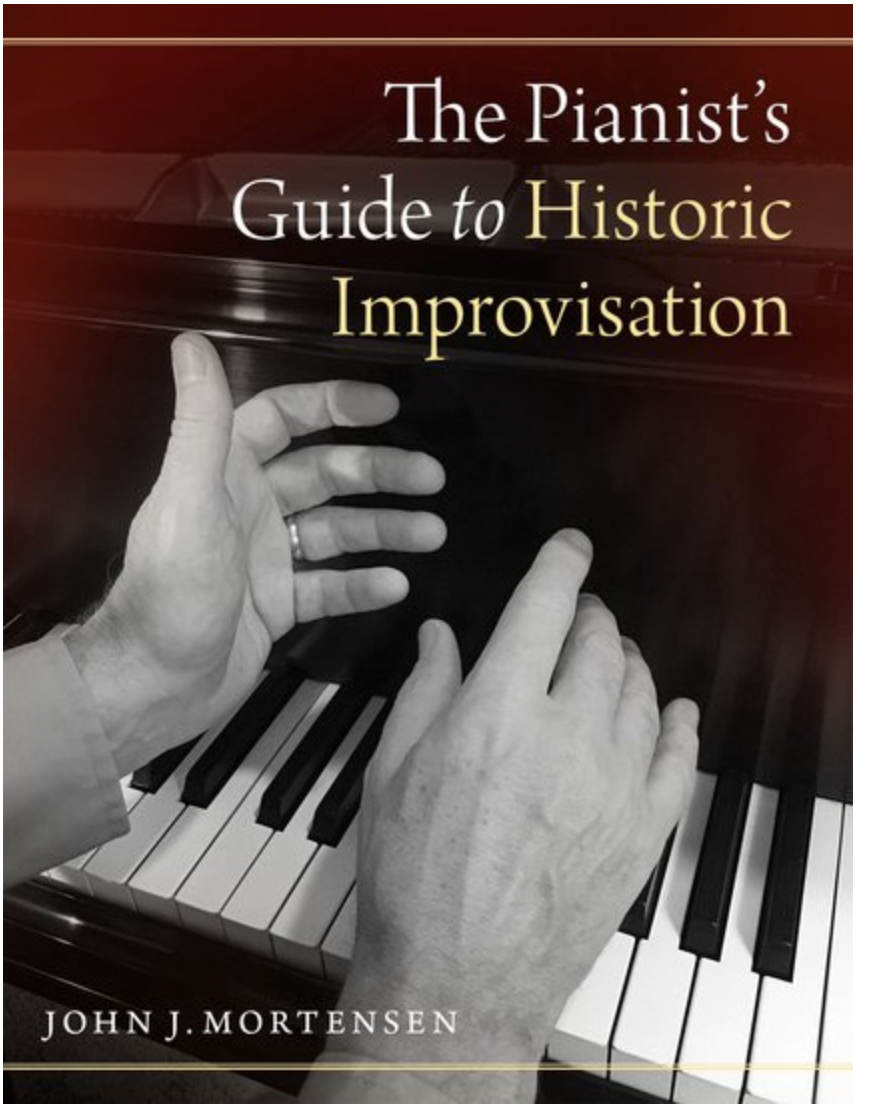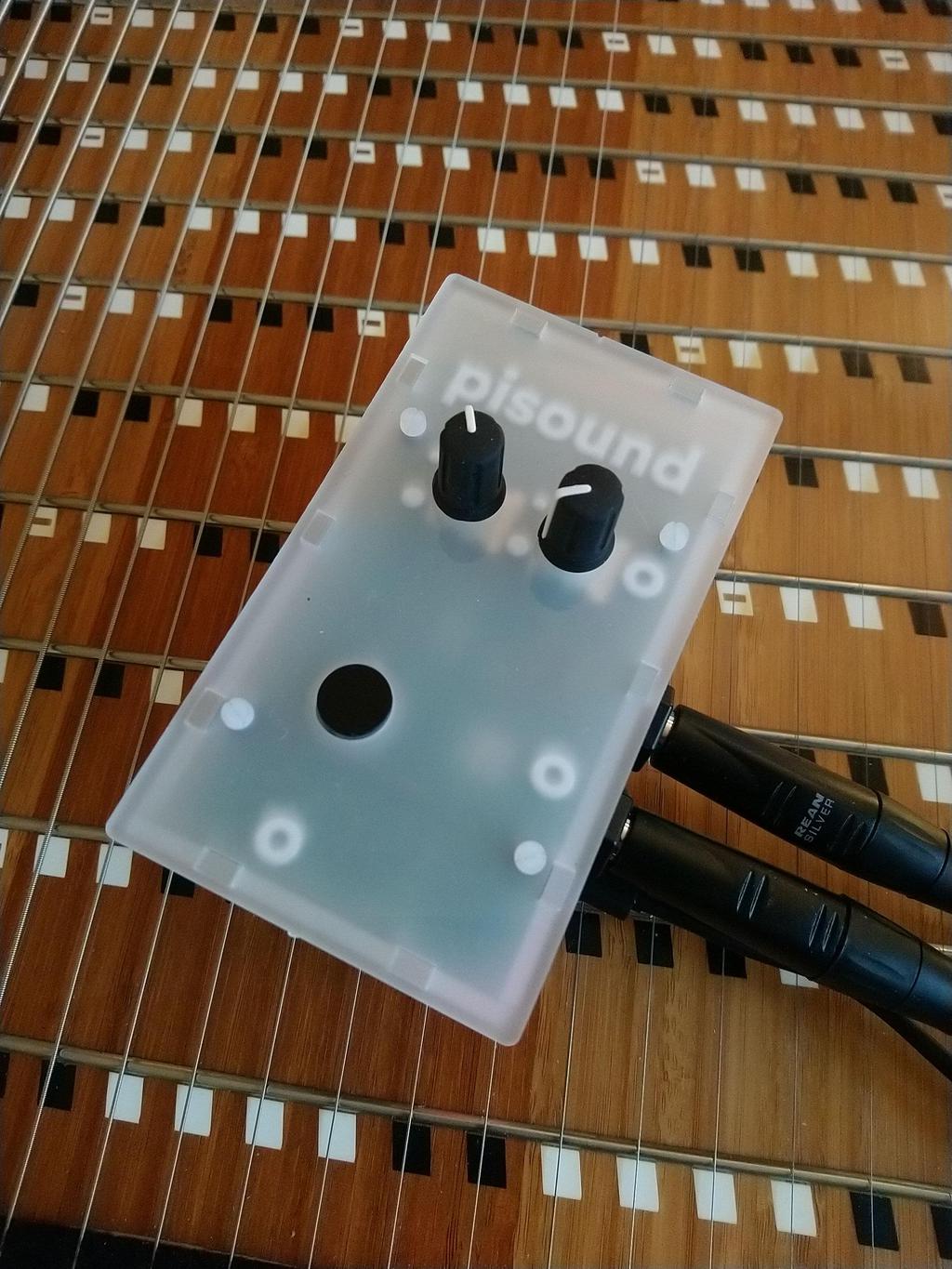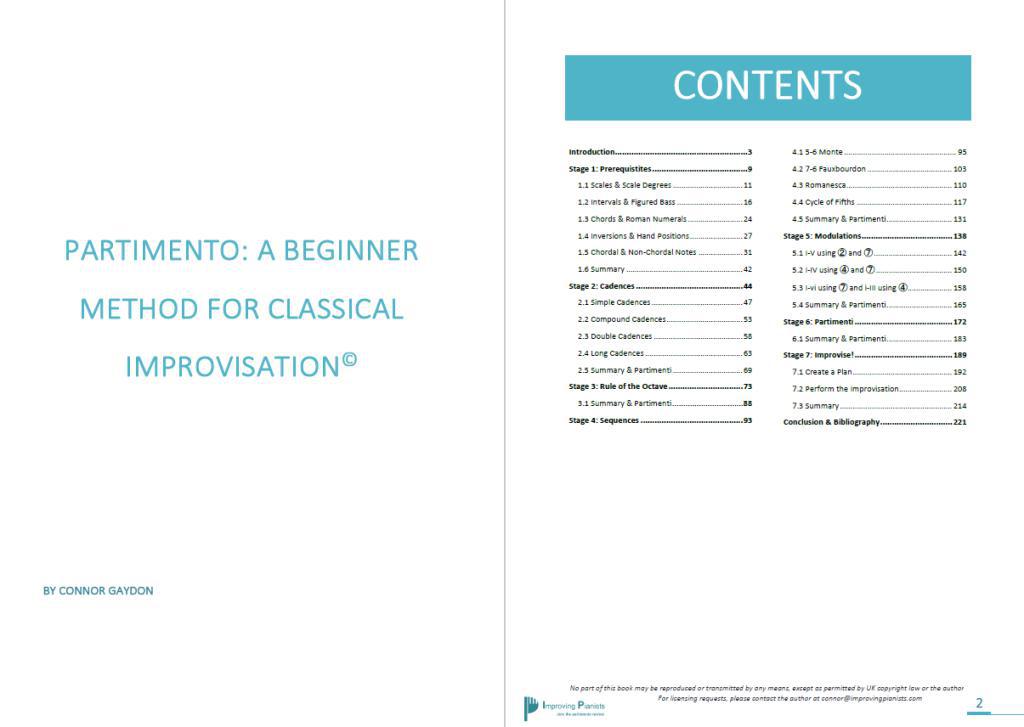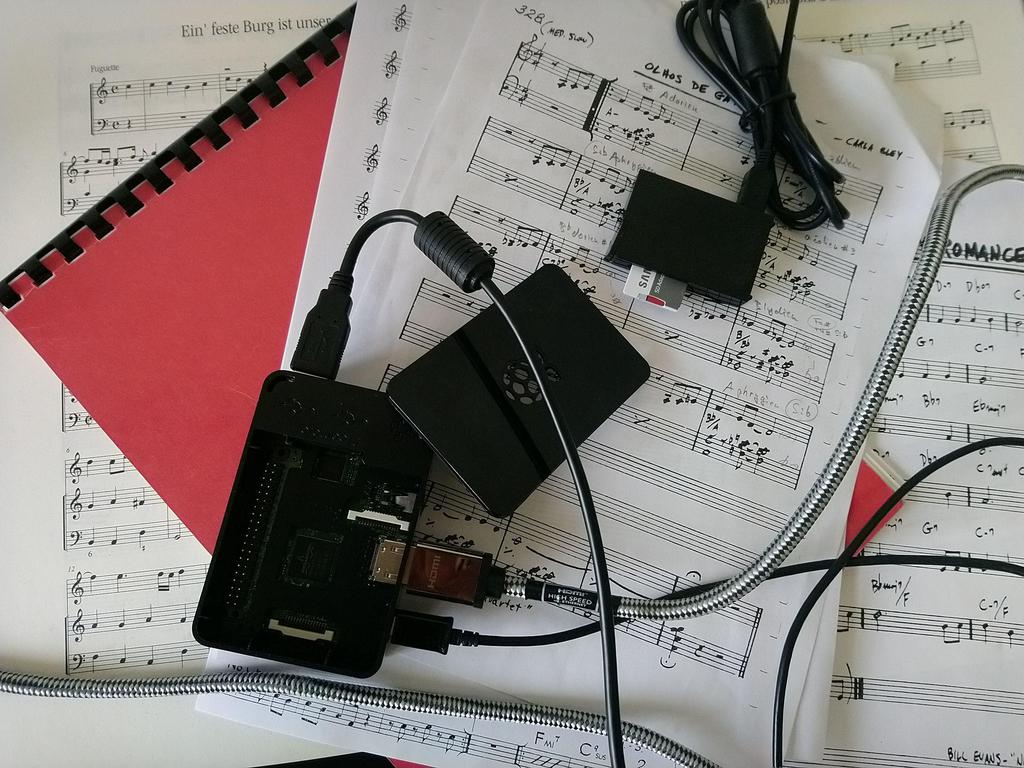Harpejji solo
Développement d'un langage
L'harpejji est un instrument électro-acoustique à mi-chemin entre la guitare et le clavier. Inventé en 2007 et commercialisé depuis 2008, c'est donc un instrument très nouveau pour lequel tout est à inventer: pas de méthode, de technique "officielle", de répertoire ou de représentation sonore sur lesquelles s'appuyer.
Depuis 2014, un des axes de recherche de Matthieu Amiguet a été de développer des techniques d'accompagnement à l'harpejji. Ce travail a pu se concrétiser non seulement sous forme de concerts, animations et vidéos, mais également sous la forme d'articles pédagogiques sur son blog et contributions à des forums, afin que sa recherche soit utile plus largement à la communauté des harpejjistes. Les articles et vidéos jouissent d'une visibilité internationale et ont attiré l'attention de personnes telles que Tim Meeks, inventeur de l'harpejji, ou Paul Mirkovich, directeur musical de The Voice US.
Après les techniques d'accompagnement, Matthieu Amiguet désire maintenant prolonger ce travail par une recherche sur les techniques de jeu solo. Hybride entre la guitare et le clavier, l'harpejji peut emprunter des éléments de technique à ces deux instruments, mais rien n'est directement transposable. Il y a donc tout un travail pour identifier le répertoire se prêtant à une transposition (pour les pièces écrites) et développer un "vocabulaire" adéquat pour l'improvisation.
Au printemps 2023, il a obtenu une bourse de recherche de la Ville de Neuchâtel pour l'accompagner un bout dans cette démarche de longue haleine.
Ce n'est donc pas à proprement parler un projet des Chemins de Traverse, mais, dans le plus pur esprit de la Scène de création continue des Chemins de Traverse, il a été décidé d'ouvrir ici une tribune pour documenter ses recherches, .
NB Pour permettre à la communauté internationale de l'harpejji de bénéficier au mieux de ces informations, les actualités de ce projet seront rédigées en anglais.
Sur scène
Chemin de création
Harpejji solo 16 - Discussion on classical improvisation
(This news is part of the Harpejji solo project)
Yet another Coulisse yesterday, where I presented my recent research on adapting diverse resources about keyboard classical improvisation to the harpejji.
This sparked many questions in the audience, some of them expected and others much less so. Among others, I was surprised that some people were afraid my approach was getting too specific and that my audience might get lost in the process.
That made me realize that although the broad picture of what I was aiming was getting more and more clear to me, I didn't make it clear enough to others. That will be the subject of another post.
Harpejji solo 15 - Another improvisation book

(This news is part of the Harpejji solo project)
A few weeks ago I wrote about Gaydon's book on classical improvisation. I got aware that there's another very detailed book on the subject: Mortensen's The Pianist’s Guide to Historic Improvisation.
The approach seem quite different and somewhat complementary from Gaydon's book. I guess I will make my personal mix of both approaches and see how it tastes...
Harpejji solo 14 - Experimenting with the rule of the octave
(This news is part of the Harpejji solo project)
Quick improvisation following the rule of the octave as described in Gaydon's book.
Harpejji solo 13 - Olhos de Gato on the harpejji
(This news is part of the Harpejji solo project)
A nice standard written by Carla Bley...
Harpejji solo 12 - Trying the pisound

(This news is part of the Harpejji solo project)
In an attempt to solve the problems I encountered with my first rpi setup as a harpejji FX box, I purchased a Pisound rpi sound interface. It seems to help with the high hiss I was getting with the previous setup, but not with the "floating ground" low hum. I'm definitely getting closer though – I will post a detailed description of the new setup when everything is working smoothly.
Harpejjo solo 11 - Is this the book I've been waiting for?

(This news is part of the Harpejji solo project)
Since I've got my harpejji, I've been improvising mostly in a language inspired by jazz music. Given my background, I actually also toyed with the idea of improvising in a more classical style. I've been hearing some really great classical improviser along the years, thanks mostly to the FMIL. But although I'm able to do it melodically on the flute, improvising polyphonic classical music on the harpejji has always seemed a very remote goal.
I've been trying to practice figured bass, using historical sources as Dandrieu's or modern ones as Morand's, but these methods are (logically) oriented toward accompaniment and provide little to no hints as how to use this knowledge to play solo pieces.
Lately I discovered Connor Gaydon's Partimento: A Beginner Method for Classical Improvisation which could very well provide the pieces I was missing.
Obviously it will need at least months of work before being able to improvise something half interesting, but this book seems to make classical improvisation on the harpejji a little bit less remote.
Now, if you will excuse me, I've got loads of things to practice! 😉
Harpejji solo 10 - meeting Pierre Audétat
(This news is part of the Harpejji solo project)
Today my harpejji and I went to Lausanne to meet Pierre Audétat. He was very happy to discover the instrument and suggested many interesting ideas about how to take advantage of the characteristics of the instrument to develop new musical ideas. As the author of La Cloche diatonique, a very deep reflection about musical modes, he was particularly interested in the isomorphy of the instrument and the possible applications to diverse symmetric modes.
Harpejji solo 9 - rpi and electrical noise
(This news is part of the Harpejji solo project)
Quick update: the rpi-based fx box I built for my harpejji suffers from electrical noise, as described at the end of this blog post. I thought it worked well, but obviously it will need some new ideas before I get a really usable solution.
Harpejji solo 8 - the rpi as an FX box

(This news is part of the Harpejji solo project)
A few weeks ago, I tried converting a bela into a custom effects box for the harpejji, but I couldn't find a satisfying way of doing it.
That's why I switched to a raspberry pi, which seems much more promising.
As the details are rather technical, I described them in an article on my blog.
Harpejji solo 7 - Free improvisation
(This news is part of the Harpejji solo project)
I like to warm up with a moment of free improvisation. Today a colleague arrived just at this moment and took out her smartphone...
[video coming soon]